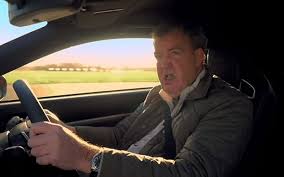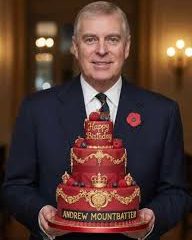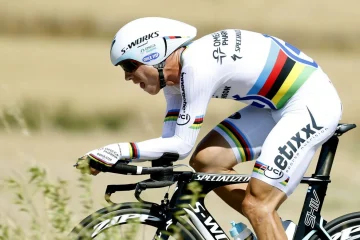The Life and Legacy of Jeremy Clarkson

Introduction
Jeremy Clarkson is a name synonymous with automotive television and a vibrant media personality in the United Kingdom. Best known for his role on the BBC’s Top Gear and later The Grand Tour on Amazon Prime, Clarkson has garnered a mixed reputation, characterized by both his entertaining commentary and controversial remarks. As the world monitors developments in his career post-Top Gear, Clarkson remains a significant figure in media, influencing both car culture and television.
Career Highlights
Clarkson’s journey began in journalism, where he wrote for several local newspapers before making his television debut in the early 1990s. His breakthrough came in 2002 when he joined the revamped Top Gear, which quickly evolved into one of the UK’s most popular television shows. With his wit, distinctive opinions, and larger-than-life persona, Clarkson and the show gained a devoted following. However, his tenure was not without controversy; in 2015, he was involved in a widely publicised altercation that resulted in his departure from the BBC.
Subsequently, Clarkson teamed up with former colleagues Richard Hammond and James May to create The Grand Tour, which premiered in 2016. This shift marked an evolution in automotive entertainment, showcasing grand expeditions and challenges, while maintaining the humour and chemistry that fans adored. Despite fluctuating viewership, The Grand Tour has continued to thrive.
Recent Events
In 2023, Clarkson made headlines again following the backlash from his remarks about Meghan Markle in a column for The Sun. His comments drew widespread condemnation, prompting calls for accountability and sparking discussions on media ethics. Clarkson later issued an apology, acknowledging the offence caused and the significant public response. This incident has reignited conversations about freedom of speech versus responsible journalism in contemporary media.
Conclusion
As Jeremy Clarkson continues to navigate his career amidst scrutiny and change, he exemplifies the complexities of modern media figures. His influence on automotive culture remains palpable, shaping viewer perceptions of cars and motoring adventures. Moving forward, it will be interesting to observe how his career progresses, especially in light of public reaction to both his work and personal commentary. Readers can expect a blend of innovation and controversy as Clarkson continues to evolve in the ever-changing landscape of television.









